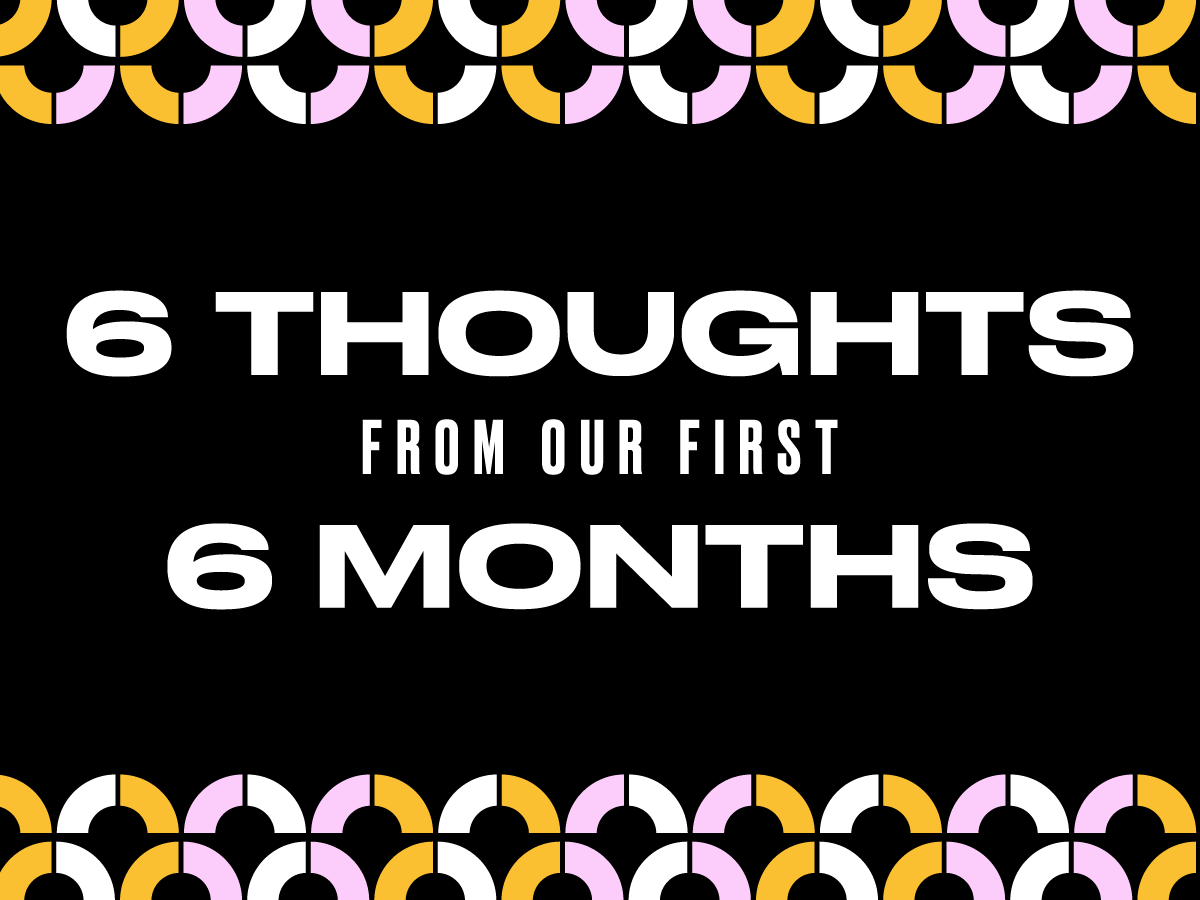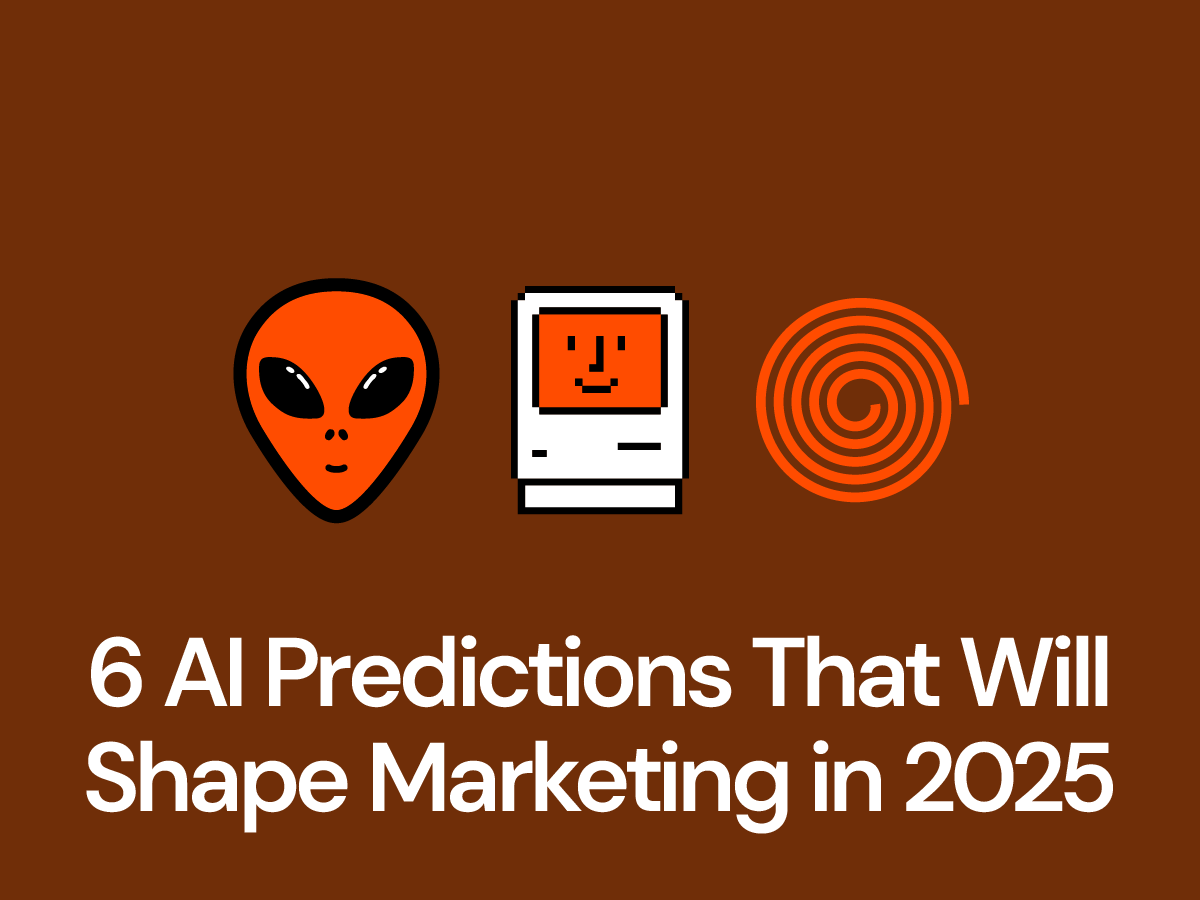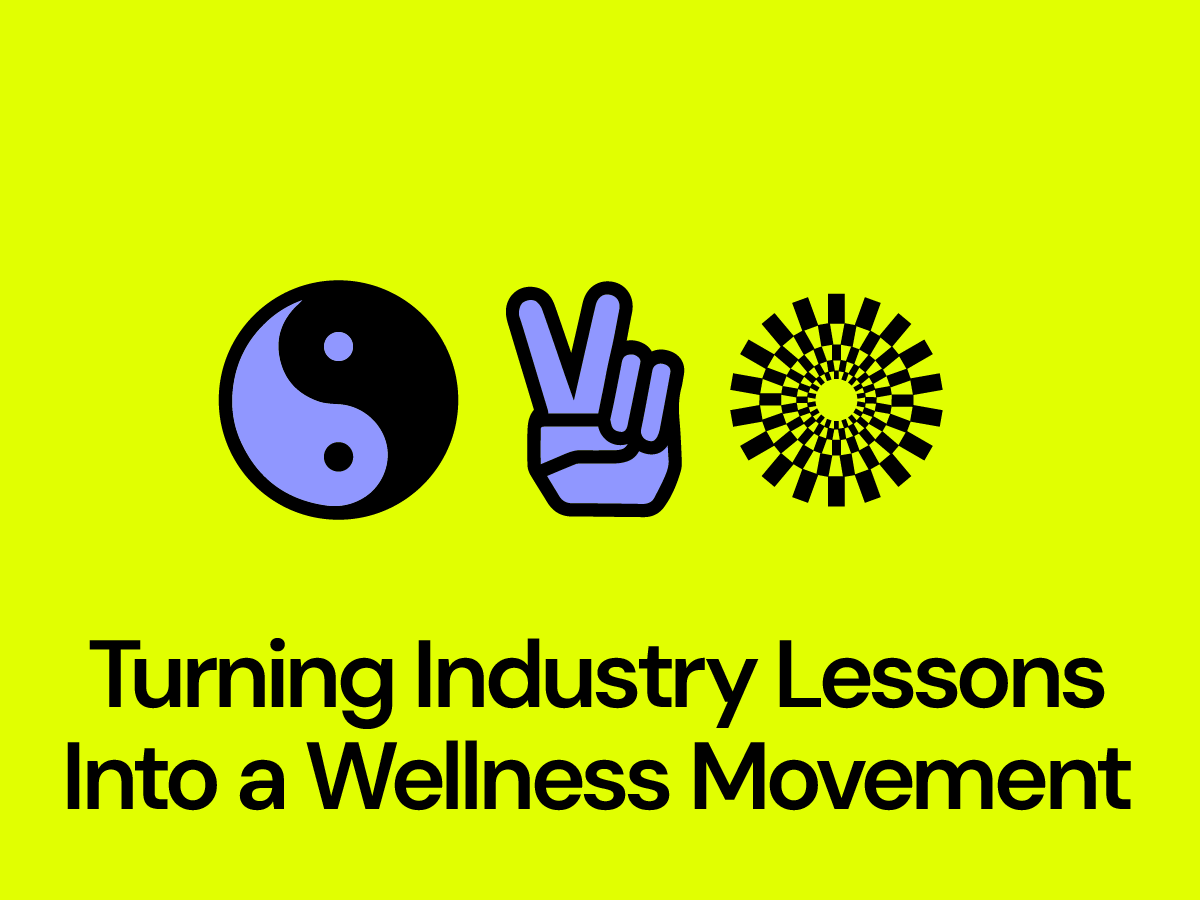Six Thoughts From the First Six Months of 2023

2023 is flying by. It’s been a whirlwind first six months. Looking back, here are a few observations shaping our industry in a rapidly evolving year. None of this is groundbreaking, but it’s what’s driving growth for agencies and a good reminder of what to pay attention to in the year’s second half.
- The Proliferation of AI: AI and machine learning are arguably the hottest topics in our industry. It’s revolutionizing advertising by providing powerful tools, information, and insights that enhance experiences and drive better results for brands and consumers. With AI-powered algorithms, advertising agencies can analyze vast amounts of data to understand consumer behavior, preferences, and trends more effectively. AI also enables automated ad creation and dynamic content generation, enhancing efficiency and scalability. Moreover, AI-powered chatbots and virtual assistants improve customer interactions, providing personalized support and recommendations. Heck, I used ChatGPT for writing this article. AI and machine learning are transforming advertising by empowering agencies to make data-driven decisions. However, those decisions and our work will improve if people are intimately involved. AI is fantastic for getting you from 0 to 1 or building upon a good idea. Still, you must have a human in the loop to go into uncharted territory and truly unleash creativity.
- Gen Z is the Future of Advertising (and Agencies): Gen Z is critical to the future of advertising agencies because they bring a fresh perspective and unique insights that are invaluable in understanding and reaching their own generation. As someone who has spent 30 years in the industry, I witness it daily. As a highly diverse and digitally fluent demographic, Gen Z deeply understands emerging trends, platforms, and communication channels. Their ability to think creatively and adapt to evolving technologies allows them to navigate the ever-changing advertising landscape easily. Gen Z’s authenticity and social consciousness also align well with the increasing demand for purpose-driven marketing, enabling advertising agencies to craft meaningful campaigns that resonate with this generation. At the same time, the pandemic and remote work may stifle this group. Many managers have not been trained to develop people remotely, and Gen Z needs coaching, mentorship, and resources to flourish. If agencies can adequately invest in this talented group, they can stay relevant, innovative, and effectively connect with this influential audience, ensuring their success in the dynamic advertising world.
- Your Values Create Value: Consumers increasingly seek brands that align with their values. Communicating and, more importantly, demonstrating a brand’s purpose or values is more crucial than ever. During the first part of the year, we’ve seen brands like Bud Light stumble because of their inconsistency in communicating and standing behind their values. Yes, they had a backlash because some disagreed with the desire to be inclusive, but what good is a value if you don’t stand by it when tested? By showcasing a genuine dedication to causes that matter to consumers, marketers can forge stronger connections and build brand loyalty in 2023 and beyond.
- Authenticity Still Rules: Studies have shown that more than 75% of consumers trust content from ordinary people more than brand content. Influencer marketing has been rising for several years, but its true potential lies in authenticity. You don’t need to entirely shift your focus from mega-influencers to micro-influencers with a dedicated and engaged following, but it should be in your arsenal. Collaborating with influencers who genuinely resonate with their target audience can humanize a brand, yielding more impactful results and fostering trust and credibility. One fantastic example of this is Samsung’s Flipvertising social & influencer marketing campaign that won the Grand Prix at this year’s Canne Lions.
- Create Experiences, Not Advertising: The era of passive advertising is fading, giving way to interactive and immersive experiences. Augmented reality (AR), virtual reality (VR), and gamification are exciting avenues for agencies to captivate consumers. By creating immersive brand experiences that blur the line between the physical and digital realms, agencies can elevate advertising to new heights, enabling brands to leave a lasting impact, build strong relationships, and drive meaningful results. The See My Skin brand experience from Vaseline did just that; by addressing a relevant and essential problem for many people of color.
- The Demise of Conversion Data: The impact of the phasing out of cookies in digital advertising is significant. Cookies have traditionally been crucial in tracking user behavior and delivering personalized ads. However, privacy concerns and increased regulation have led to the decline of third-party cookies. This shift poses challenges for advertisers, as they now need to find alternative methods to target and measure ad effectiveness. Advertisers are exploring solutions such as contextual advertising, first-party data utilization, and consent-based tracking. This transition pushes the industry to prioritize privacy, transparency, and user consent. While it presents hurdles, the impact of no cookies also encourages innovation, fostering the development of new approaches that respect user privacy while still delivering relevant and effective digital advertising experiences.
In the changing marketing landscape of 2023, advertising agencies must remain vigilant, adaptable, and forward-thinking to succeed. By embracing AI and machine learning, personalization, values-driven marketing, authenticity, and immersive experiences, while preparing for more privacy protection, agencies can position themselves at the forefront of the industry.
By welcoming these trends, agencies will unlock new avenues of creativity, connect with consumers on a deeper level, and drive exceptional results for their clients in the back half of the year and the years ahead.



